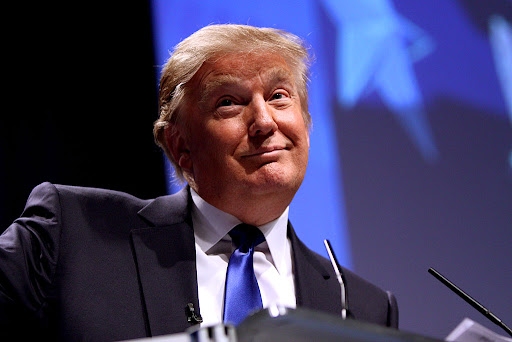President Uhuru Kenyatta and ODM leader Raila Odinga have run into a fresh hurdle after Muslim leaders joined forces opposing their push to amend the Constitution through the BBI.
The leaders, drawn from various Muslim organisations, yesterday tore into the Building Bridges Initiative report and called on Uhuru and Raila to completely call off the referendum drive.
Besides lacking crucial reforms for the country, the BBI report, they claimed, will claw back the gains the county has made since the promulgation of current Constitution in 2010.
In addition, the timing of referendum at the time the country is battling Covid-19 pandemic that is ravaging economy and families, is not only ill-advised, but also suspect.
“We are not in the moral state, we are not in the mental state neither are we in the financial state to go for a referendum. Please, postpone this thing. Let’s us address the Covid-19 issue,” National Muslim Leaders Forum (Namlef) chairman Abdullahi Abdi said.
The statement was backed by Supreme Council of Kenya Muslims (Supkem),Council of Imams and Preachers of Kenya, Kenya Muslim Youth Alliance, Kenya Council of Imams and Ulamaa and Prominent Muslim personalities.
The Muslims joined individuals and groups rejecting the push to change the 2010 Constitution through the BBI process.
The latest opposition to the clamour could send the handshake principals to the drawing board as they seek to build consensus ahead the referendum ostensibly scheduled for next year.
Deputy President William Ruto, ANC boss Musalia Mudavadi and Narc Kenya’s Martha Karua are among the top political leaders who have opposed the current BBI report.
They have called for further amendments and consensus to ensure the country hold a non-contested referendum to achieve the much-needed stability and national unity.
Last week, the planned launch of collection of one million signatures to kick start the BBI process was postponed indefinitely.
Sources disclosed that a three hour meeting between the President and his deputy on Wednesday resolved to hold the process to allow for consensus building.
Ruto has poked holes in key proposals in the BBI repot including expansion of the executive, appointed of the Judiciary Ombudsam by the President, scraping of the Police Commission and allowing political parties to appoint IEBC commissioners.
Pastoralist leaders, religious leaders, women organisations and people with disabilities have also rejected the report.
In a detailed statement stating the Muslims position on the BBI, the leaders said the proposed changes will drastically weaken the checks and balances in government, breed an imperial president, deals a blow to youth, women and PWDs.
In addition, the proposal weaken election management mechanism by entrenching partisanship in the membership of the IEBC commission. It will also erode the independence of the Judiciary.
“BBI proposals do not meet the stated and public declared objectives of the Handshake and BBI of uniting Kenyans and ensuring that general elections will not be violent,” Supreme Council of Kenya Muslims (Supkem) chairman Hassan Ole Naado said.
The Supkem boss said proposals to give the President a Prime Minister and his two deputies, removal of powers of vetting CS nominees from the National Assembly as well as the appointment of the Judiciary Ombudsam will breed a powerful president.
“It will make the office of the President very powerful. This will make the office of the President very attractive and thereby a potential avenue for violent elections,” they said.
In addition, suggestion that the President appoints a Prime Minister from the party with the Majority MPs in the National Assembly will lead to dysfunctional and chaotic government should the president come from a party with minority members in the House.
“The troubles and tribulations of Nusu Mkate (government of national unity) government will be back for good. But the problem gets bigger - it is the President who picks and appoints the 2 deputy Prime ministers and the role of the Deputy PMs is to deputise the PM,” he said.
He added, “Removal of the power of the National Assembly from approving the appointment of the Principal Secretaries by the President means it cannot vet the appointees to check amongst other things – competence, integrity, past conduct of the appointees, whether the appointees met the threshold of regional and ethnic diversity and gender balance.”
He further reiterated that the proposal to scrap the national police service and created a Council chaired by Interior CS will take away the independence of the police service.
Read together with the suggestion to remove the tenure of the DPP, there will be a ‘complete stat capture’ of the Criminal Justice system.
The Judiciary which is ‘our last line of defence as it protects the rights of citizens in the event of violation by the state’ will lose its independence if the Judiciary Ombudsam is established by the executive, Naado said.
The leaders opine that drawing Cabinet Ministers from Parliament will create conflict of interest between the legislature and executive.
“The legislature will be under the capture of the Executive weakening its role of representing mwananchi issues and oversighting excesses of the executive,” he said.
He said the suggestion in the BBI report to scrap 12 nomination slots for special interest groups as well as 47 woman repetitive positions in the national assembly will claw-back on representation of the people.




